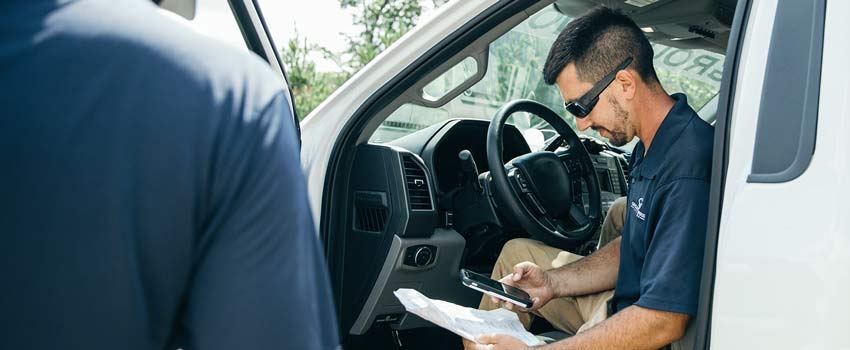Comprehensive Insurance
Comprehensive insurance is one of three insurance coverages, along with Collision coverage and Fire and Theft with Combined Additional Coverage, that make up Physical Damage insurance.
Comprehensive insurance provides protection for your vehicle in case it is damaged by something other than a collision with another vehicle or object. Comprehensive insurance pays to repair or replace your vehicle in case of:
- Fire
- Theft
- Vandalism
- Windstorm
- Collision with an animal
- Glass breaking
Who needs Comprehensive insurance?
If you want to protect your vehicle, you should choose Comprehensive insurance. Comprehensive insurance protects your vehicle from almost everything except a collision.
Comprehensive insurance typically is complemented by Collision insurance, which protects your vehicle in case of a collision.
If your vehicle is leased, then you probably are required to have Comprehensive insurance. If your vehicle is fully paid for, this insurance is optional.
Not all vehicles are eligible for Comprehensive insurance in all states. For these vehicles, we offer Fire and Theft with Combined Additional Coverage, which is a form of limited Comprehensive insurance designed especially for heavy trucks, such as semi tractors.
Learn more about Fire and Theft with Combined Additional Coverage.
Comprehensive insurance deductibles and other details
For Comprehensive insurance, you must pick a deductible, which is the amount that you agree to pay out of pocket when you have a claim.
Choosing a higher deductible is an easy way to lower the price of your insurance. Be sure you choose a deductible that you can afford to pay out of pocket at any time.
When you select Comprehensive insurance, you also are required to submit a stated amount, which is your best estimate of the current value of your vehicle. The stated amount should take the age and condition of your vehicle into account, as well as any permanently attached equipment.
Comprehensive insurance example
You leave your house one morning and realize that your van has been stolen.
Because the loss was due to an incident other than a collision, your Comprehensive insurance can be used.
If you chose a $500 deductible, you would pay the first $500 out of pocket to replace your vehicle. Your Comprehensive insurance would then pay the rest of the cost to replace your vehicle, up to whichever is lower — the actual cash value (ACV) of the vehicle or the stated amount that you submitted.
Comprehensive insurance exceptions and restrictions
You must have either Collision insurance or Liability insurance to select Comprehensive insurance.
You can purchase a Physical Damage Only policy, which would include two insurance coverages only:
- Collision insurance
- Comprehensive insurance and/or Fire and Theft with Combined Additional Coverage
Comprehensive insurance cannot be applied to non-owned trailers, such as those used as part of a Trailer Interchange Agreement. Insurance for non-owned trailers can be purchased separately as part of Trailer Interchange insurance.
Comprehensive insurance state-specific details
Comprehensive insurance coverage and any regulations around it may vary from state to state. Some states offer Comprehensive coverage with full glass protection or with no deductible for glass claims. Other states require a photo inspection to purchase Comprehensive coverage.
Your agent or representative will inform you of any state-specific details when you purchase your policy.
